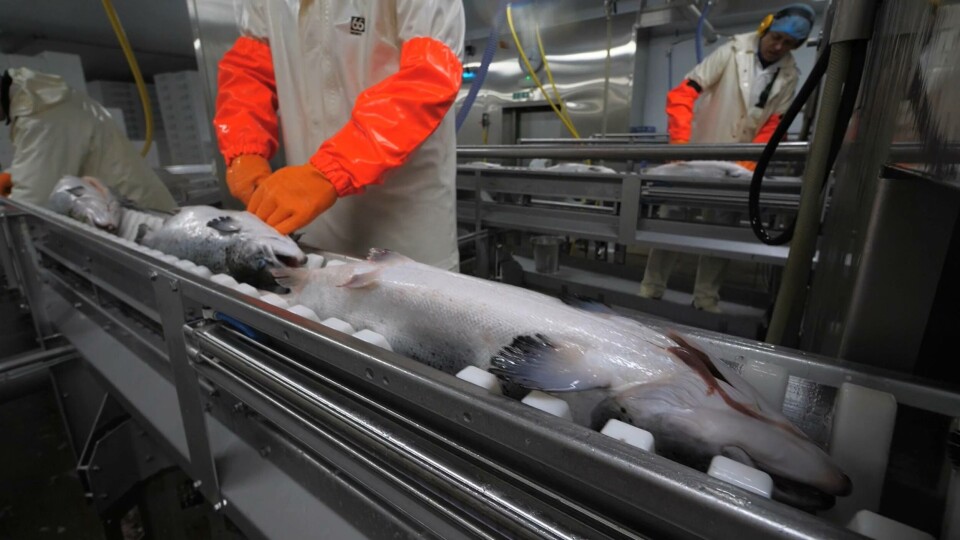
Salmon farmers consider sharing processing plants
Scotland’s salmon farmers may share processing facilities if and when workers at their plants are either diagnosed with coronavirus and self-isolate, the Scottish Salmon Producers’ Organisation (SSPO) said today.
It is one of several measures being taken by the industry to cope with the spread of the virus, also known as Covid-19.
“A top priority is to keep people and fish healthy. Our members are keeping non-essential farm work to a minimum to reduce the number of people needed on farms and facilities,” the SSPO said in a media briefing on the impact of the virus.
“Non-essential visits to farms have ceased and members are helping their employees in every way they can.”
As near to normal as possible
The SSPO said processing plants are operating as near to normal as possible, albeit with extra guidance and restrictions on visits in place, but added: “This will change as workers either self-isolate or are diagnosed with the virus. Our companies have started talking about sharing processing resources as the situation develops.”
At the moment, fish is getting to the UK retail market but the SSPO said there is a concern that there will soon be fewer haulage drivers to get the fish around the country, which could also restrict the salmon sector’s ability to get fish to internal markets.
All of Scotland’s salmon farmers are reporting significant reductions in exports, partly because of a fall in orders, partly because of travel restrictions making it impossible to get the fish to market and partly because of steeply rising costs associated with a lack of aircraft/haulage travelling to export destinations. No official figures are available yet.
Stockpiling
The UK retail market has remained very strong, partly because of stockpiling, said the SSPO.
Retailers are reporting that consumers are buying significant quantities of fresh produce which can be frozen at home – including salmon. However, this is offset, to some extent, by the steep decline in demand from the food service sector. Again, no statistics are available yet.
The SSPO said that as farmers find it more difficult to find overseas markets for their fish, they will try to get more Scottish salmon into the home market.























































